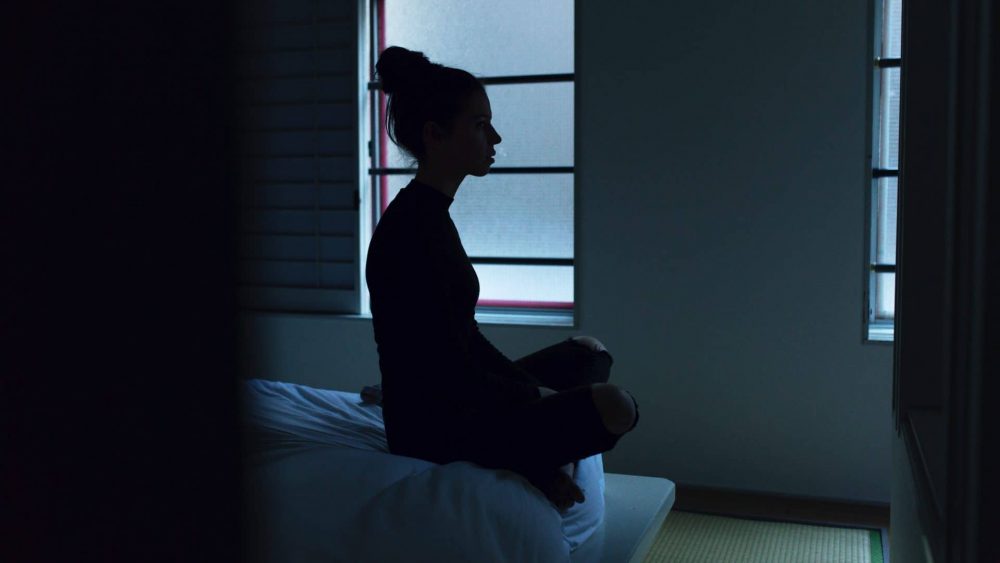Getting clean and sober is challenging enough. Dealing with withdrawal, triggers, and often an overhaul of what feels like an entire lifestyle. For many, insomnia that can be common in recovering addicts feels the straw that breaks the camels back. Yet studies show that the incidence of insomnia in early recovery is up to five times higher than the general population, and leads to an increased risk of relapse. This is obviously a major problem.
One reason for early recovery insomnia is the simple fact that many used substances to sleep while in active addiction. Whether it was, several drinks, a joint, or sleeping pills, people in early recovery are often shocked to realize that they can’t remember when they last fell asleep without the use of a substance. Others led a life whether they simply kept going for days until their body was simply too tired to continue and they collapsed. In either case, there is a lack of a healthy sleep schedule.
In early recovery, we no longer have our coping mechanism to manage or anxiety, depression, insomnia and fear. Drugs are no longer an option and all the painful emotions we were stuffing start to surface and it makes it hard to sleep.
For medical professionals, this poses treatment difficulty. Prescribing sleeping medication to people who are recovering from substance abuse can lead to switching one addiction for another.
Treatment for insomnia in early recovery should address insomnia in addition to current focuses such as relapse prevention.
- CBT techniques can be essential to learning how to build a healthy sleeping schedule. Keeping a sleep diary can be the first step in recognizing healthy and unhealthy habits, as well as confronting limiting beliefs surrounding sleep (such as “I can’t fall asleep so early” or “I need a drink and a movie to fall asleep”).
- Being consistent with sleep hygiene. After a long time in the instability of addiction, the brain and body need time to adjust to a new way of living. You can help “retrain” your brain by keeping steady habits surrounding sleep. Going to bed and waking up at the same time every day, making sure your room is dark, and limiting screentime and caffeine for the hours leading up to bedtime, help send your body clear signals on when it is time to sleep and when to be alert.
- Develop mindfulness or stress-reduction practices. Finding a way to get back into your body and reduce the stress you feel can do wonders for the quality of your sleep. Whether it’s guided imagery, meditation, yoga, stretching or even coloring books, whatever works to calm you down can help you fall asleep quicker to a more peaceful sleep.
- Keep a healthy lifestyle. Getting 30 minutes of sun a day, adequate exercise and a healthy diet will keep your body running properly, which will help it regulate its sleep cycle and stress hormones.
Sleep is an essential part of your mental, emotional and physical health, and therefore your recovery. Remember that getting enough sleep should be a priority. There will always be time later to catch up on a TV show or book, but not to make up for lost hours of sleep. Recovery is a process that involves setting up many new habits. Similar to learning a new skill, it requires practice and consistency. Even if it seems difficult, everything you do will take you one step closer.
The more you process emotions and go through the recovery emotions the easier it will be to heal and feel at ease. You will see sleep become easier. Stick with the process, do not give up and be easy on yourself. Insomnia in early recovery is very common, you are not alone.
Author
Hanna Marks
hello@wherehab.com
wherehab.com
Mailing List
Join the Wherehab monthly mailing list, we’ll send you the latest updates, upcoming events and plenty more of Rehab related info. [contact-form-7 id=”6063″]



0 Comments
Join the conversation